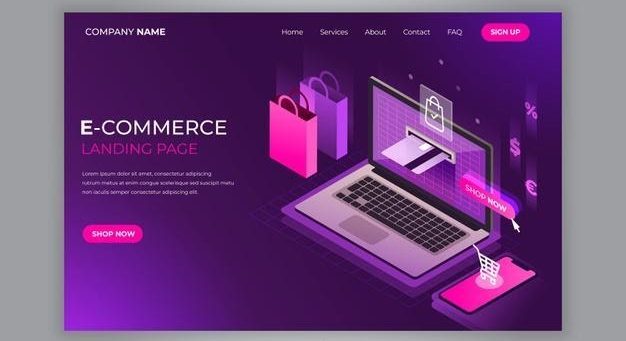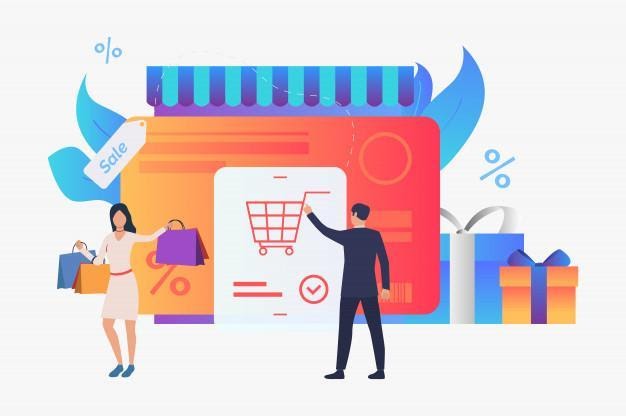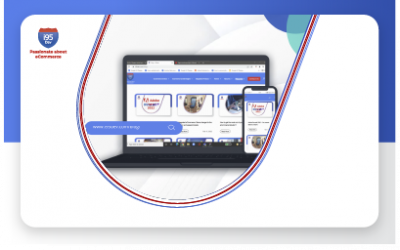How to Improve Marketing ROI With Shopify ERP Integrations

In this article, we will discuss how you can improve your marketing ROI by streamlining your operations with the help of Shopify ERP integrations. Read the article ahead to know more about the subject.
Why Businesses Opt For Shopify ERP Integrations
When running an online store, you will encounter tonnes of processes and data that need to be appropriately managed in close coordination with your organizational objectives. Doing it manually consumes many working hours, dents your bottom line, and complicates the operations. ERP solutions facilitate automation workflows and computerized database management. However, ERP integration with Shopify is a challenging process requiring you to hire Shopify ERP integration services to ensure quick turnaround time and system stability.
As far as improving marketing ROI is concerned, they are a must. In the below sections, we will discuss various processes covered by Shopify ERP integrations that affect your bottom line. You can integrate multiple apps from the Shopify app store or go for a single solution like Microsoft Dynamics or use them to supplement existing software. For better understanding, we are listing these modules separately:
Customer Relationship Management
The CRM module allows your web store to mine extensive data regarding your customers and helps you set up automation workflows for lead nurturing. The CRM module also enables you to collect the information of inbound visitors and their activity and profile your customers. On average, it takes around 8 cold calls to reach a single prospect while 18 calls to connect with a buyer. Also, it takes around 102 days to close a lead. Combining this with an average closing rate of 20%, one cannot ignore the need for a CRM module integration for their Shopify web store. This will increase your chances of maintaining a proper communication with all leads and execute lead warming efficiently.
Supply Chain Management
Supply chain management is one of the core processes for any Shopify store. As the number of sales channels increases along with the order quantities, supply chain management models become necessary to ensure accurate display of available goods and on-time delivery of sold items. It will allow you to price your products competitively without damaging your profitability.
Inventory Control and Procurement
If you are a Shopify store with multiple channel integrations, having an integrated inventory control system along with a procurement management module will allow you to run all channels smoothly. This also results in a streamlined selling experience. You can confidently list yourself on multiple platforms without manually uploading the data or worrying about order status and product availability.
Human Resources and Finance
The HRM and Finance integrations have a considerable impact on your marketing ROI. Both of these functions are interrelated with the utilization of resources and the overall functioning of your organization. However, they are required by large-sized stores, while a few sectors might require compliance reports for these departments as a part of legal formalities. Thus, it varies from case to case, and you should consult your Shopify integration service provider first. You can also integrate accounting and taxation modules.
Sales
You can integrate SEO solutions, coupons and discounts, email marketing, social media selling, ads and retargeting, affiliate programs, and customer retention apps with your existing ERP for sales purposes. They help you make smart decisions regarding pricing, product bundling, running marketing campaigns, and conversion rate optimization. Sales integrations directly affect your ROI, and you should use these apps strategically to drive sales predictably.
How Shopify ERP Integrations Increase Marketing ROI
In this section, we are going to discuss how Shopify ERP integrations increase your marketing ROI.
- Providing a single dashboard for managing all processes.
- Refining the sales funnel by eliminating bottlenecks and expediting data transfer between various models.
- Allowing collaboration between all departments.
- Simplifying asset management and resource allocation.
- Helping make well-calculated sales decisions.
- Providing extensive BI reports for decision-makers.
Summing Up
Throughout the article, we went through different functions of an ERP system that impact your marketing ROI. As mentioned earlier, deciding which solution fits best into your requirements and how to carry out integration requires experts. i95Dev offers a powerful cloud-based integration solution for integrating your Shopify store with the ERP solution of your choice. We hope you find this article useful for improving your Shopify store’s marketing ROI.
Recent Blogs
Understanding Shopify Pricing Plans and TCO for an eCommerce Store
Understanding Shopify Pricing Plans and TCO for an eCommerce Store Author Category Share Shopify is one of the most adopted eCommerce platforms, offering rich features and designed to...
Omnichannel Retail – Definition, Significance, Benefits, and Use Cases
Omnichannel Retail – Definition, Significance, Benefits, and Use Cases Author Category Share The retail landscape is highly competitive due to technological advancements and changing...
Understanding BigCommerce 2024 Pricing and TCO for an eCommerce Store
Understanding BigCommerce 2024 Pricing and TCO for an eCommerce Store Author Category Share Starting an online store with BigCommerce is an exciting venture. As with any significant business...







